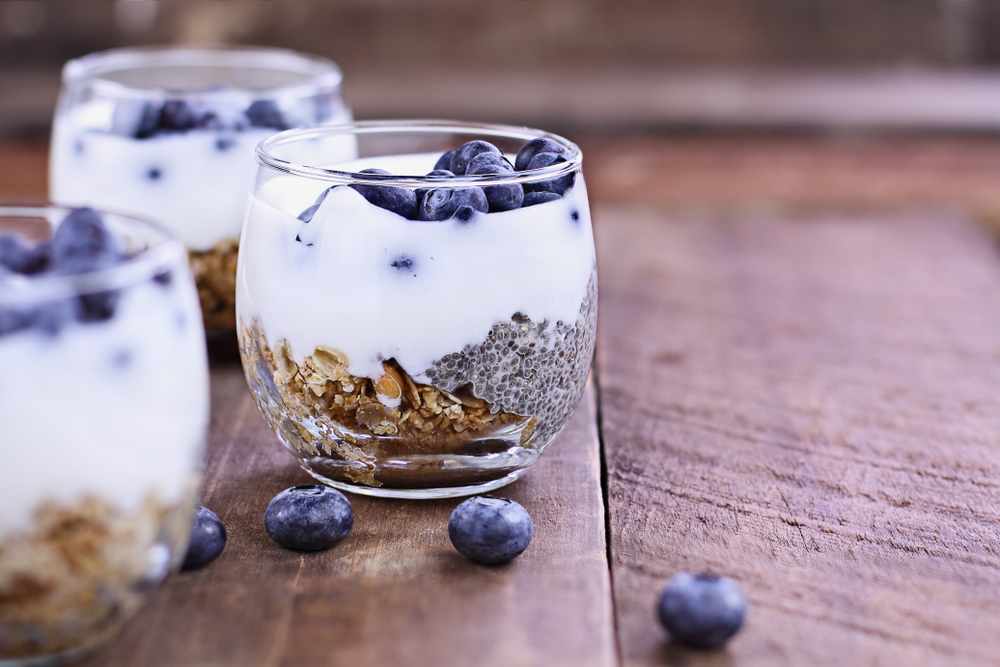Understanding How Probiotics Alleviate Digestive Discomfort
Discover how probiotics can effectively relieve constipation and improve overall gut health. Featuring proven strains like BB-12 and LGG, along with dietary tips, this guide emphasizes the importance of choosing the right probiotics. Learn how fermented foods and lifestyle adjustments can support digestive wellness. Patience and professional advice are recommended for optimal results in managing digestive issues with probiotics.

Understanding How Probiotics Alleviate Digestive Discomfort
Probiotics have long been recognized for their benefits to gut health. Comprising beneficial bacteria like Lactobacillus and Bifidobacterium, they are effective in soothing various digestive issues. Commonly found in yogurt and fermented foods, probiotics assist in breaking down food and optimizing nutrient absorption. They adapt to their surroundings, releasing enzymes only when needed, ensuring targeted support for digestion.
Constipation remains one of the prevalent digestive problems worldwide, often exceeding the occurrence of diarrhea. Recent studies by Maryland University highlight a direct link between probiotics and relief from constipation.
Including probiotics in your diet can significantly alleviate constipation symptoms. Here’s how they work: our intestines are populated with billions of bacteria, and imbalance among these can cause issues such as constipation. Certain probiotic strains restore microbial harmony, reducing discomfort and improving bowel movements.
Specific strains of probiotics are essential for health benefits. Choosing clinically proven, stomach-acid-resistant strains ensures effectiveness. Not all probiotics deliver the desired results if they cannot survive gastric acidity.
Here are some notable probiotic strains for constipation relief:
BB-12
Also known as Bifidobacterium lactis, BB-12 has a proven track record of reducing constipation across age groups. Combining it with fiber like acacia can enhance results. Available in yogurt products like La Yogurt, it’s widely accessible.
LGG
Lactobacillus GG is particularly effective in increasing bowel movements, especially in children suffering from chronic constipation. Its benefits for adults are limited but still significant for younger populations.
Bifidobacterium longum
Demonstrated positive outcomes in adult and infant constipation treatment. This strain can be purchased from medical professionals under proper guidance.
VSL#3
Comprising eight probiotic strains, VSL#3 is classified as a medical food, accessible online. It aids in relieving constipation for all ages and is beneficial during pregnancy, also helping with vaginal infections. Consulting a healthcare provider before use is recommended.
Yogurt drinks
Contain beneficial bacteria capable of alleviating constipation, though they may not impact bloating or gas. Useful for conditions like Parkinson’s disease-related constipation.
Polypharmacy, including medications like painkillers, steroids, sleeping aids, and birth control, can disrupt natural bowel rhythms, contributing to constipation. Reducing or adjusting these medications under medical supervision can help. Probiotics influence digestion differently based on individual gut responses.
Fermented foods—such as yogurt, sauerkraut, kefir, sourdough, buttermilk, and kombucha—are excellent probiotic sources. Persistence is key; discontinuing probiotics prematurely can remove beneficial bacteria from your system. Trust in scientific findings supports patience for results.










